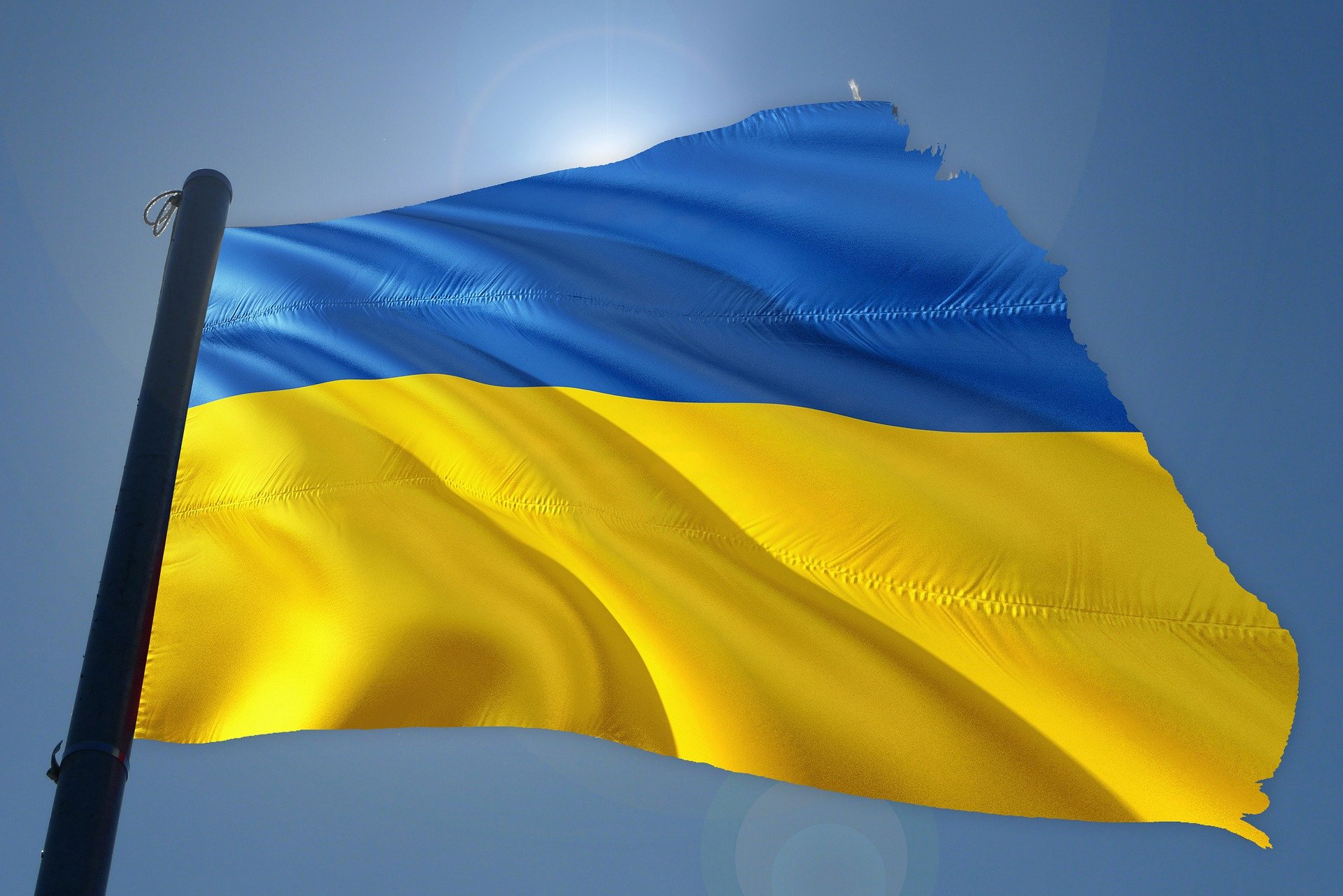
As Ukraine continues to navigate the economic strain of its ongoing war with Russia, a bold new proposal could reshape how European nations view digital assets. Ukrainian lawmaker Yaroslav Zhelezniak is preparing to introduce a bill that would establish a national Strategic Bitcoin Reserve—potentially making Ukraine the first European country to formalize Bitcoin as part of its economic defense strategy.
This move aligns with Ukraine’s increasingly open stance toward cryptocurrencies and digital finance. In a time when traditional financial systems can be disrupted by geopolitical conflict, decentralized finance offers both flexibility and resilience—traits Ukraine seems eager to leverage.
Bitcoin as a Strategic Asset
Zhelezniak, who also serves as Deputy Chairman of the Committee on Finance, Tax and Customs Policy, is putting the finishing touches on legislation that would allow for the creation of a national Bitcoin reserve. While the concept was initially floated earlier this year as part of a broader national crypto reserve initiative, the focus has now narrowed specifically to Bitcoin.
“We’re close to submitting a draft bill from the industry that would enable crypto reserves,” Zhelezniak stated back in February. His renewed push comes as global interest in Bitcoin continues to rise, with prices holding above the $100,000 mark—even amid market fears of an impending correction.
Ukraine’s strategic shift mirrors interest from other nations. In fact, Zhelezniak’s timing follows reports of a meeting between Irish fighter Conor McGregor and El Salvador’s President Nayib Bukele—presumably discussing a similar strategic Bitcoin initiative for Ireland.
Binance Signals Support—But Warns of Challenges
The announcement has drawn the attention of crypto heavyweight Binance. Kirill Khomyakov, who heads Binance’s operations across Central and Eastern Europe, Central Asia, and Africa, has publicly backed the idea, confirming the exchange’s readiness to support Ukraine’s Bitcoin reserve ambitions.
Still, Khomyakov acknowledges the road ahead won’t be easy. Ukraine is in the midst of building out a comprehensive regulatory framework for digital assets, and establishing a national reserve will likely require significant overhauls to existing financial legislation.
“The establishment of a reserve like this won’t be a quick process,” Khomyakov noted. “It demands substantial changes to current laws and will require time, collaboration, and clear vision.”
Binance has a history of working closely with governments to advance crypto adoption, including past efforts to encourage Kyrgyzstan to incorporate Bitcoin into its own financial reserves. The company’s founder, Changpeng Zhao, has been vocal about national crypto reserves as a future-facing financial strategy.
War, Peace, and the Future of Bitcoin in Ukraine
As Ukraine continues diplomatic efforts to secure a peace deal with Russia, some analysts believe progress on that front could fuel renewed bullish energy in the crypto markets. A report from Coingape suggested that geopolitical stability, paired with forward-thinking crypto legislation, could help Ukraine emerge as a leader in Europe’s digital asset ecosystem.
In the meantime, the nation’s pursuit of a Strategic Bitcoin Reserve reflects a growing awareness of the role crypto can play in national security, financial autonomy, and economic modernization. If Ukraine moves forward, it won’t just be making history—it could be setting a new precedent for other countries watching closely from the sidelines.


